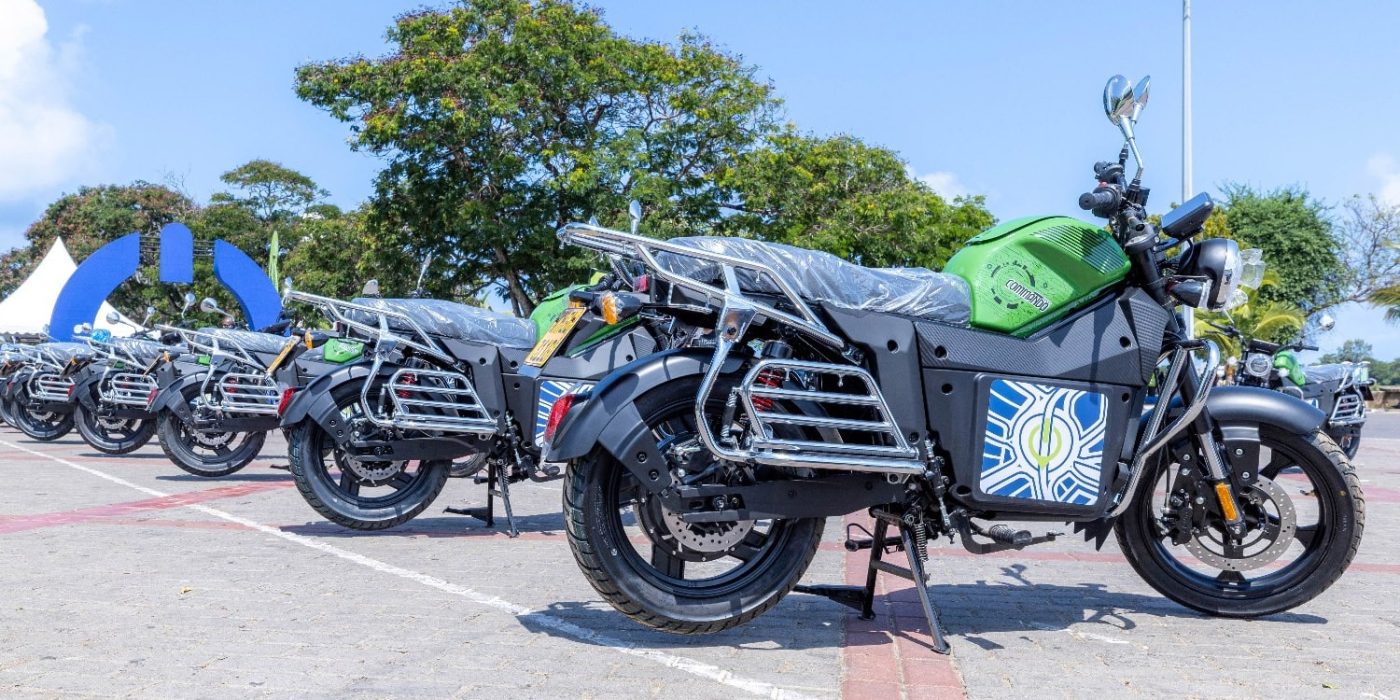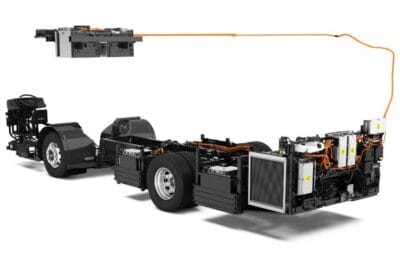Kenya targets launching one million e-motorcycles with Spiro
In partnership with Spiro, Kenya targets putting no less than one million electric motorbikes on the country’s roads. The deal was agreed a few days ago and includes battery-swapping infrastructure for Kenya’s massive fleet of commercial motorcyclists.
During the national e-mobility programme launch at Mama Ngina waterfront, Mombasa, President William Ruto said two and three-wheeler vehicles comprise the largest share of the national fleet. The so-called “boda-boda” industry officially includes about 200,000 motorbikes registered on Kenyan roads each year. The bikes are used for taxi services and logistics and remain the primary and cheapest transport for many people.
President Ruto assured boda-boda operators that the transition to e-mobility will significantly boost their incomes. “Electric bikes are cheaper to run than petrol,” he said.
Still, they must be replaced with new and more expensive electrive since Kenya just released its e-mobility program.
“The introduction of electric mobility is a priority measure to address the challenges of pollution,” said President Ruto.
Although no timeline was given for reaching the target of more than one million e-motorbikes, Kenya wants to push e-mobility firmly. In July 2023, we reported plans that 100,000 electric motorbikes and TukTuks are to be put on the roads in Kenya within the next six years as part of a joint project between the Kenyan bank KCB and the United Nations Institute for Training and Research (UNITAR). The bank KCB plays a vital role in the project and targets converting a quarter of its total loan portfolio into green investments by 2025.
As for today’s news and agreement with Spiro, no credit facility has been announced and details remain scarce.
Bikes aside, the company is set to introduce an additional 3,000 battery charging and swapping stations (up from 350). It also claims to have delivered 10,000 e-motorcycles across Africa, making the jump to one million in Kenya alone appear massive.
At the same time, Spiro already agreed with the government of Uganda in April 2023 to replace 140,000 petrol motorbike taxis in the capital of Kampala with electric ones within five years. The company mentioned plans to build an assembly plant worth about 15 million dollars as part of a $200 mn investment in partnership with the Ugandan government.
No such announcements were made in Kenya today.
After securing over $60 million in funding to start with, Spiro recently raised an additional $63 million through the French international bank Société Générale and the British guarantee fund, Guarantco.
Spiro is active in five African countries: Benin, Togo, Rwanda, Uganda and Kenya.
Its African competitors include Roam, which reportedly runs a large factory in Kenya and offers financing with M-Kopa. The fintech company provides loans and digital financial services to unbanked consumers. The M-Kopa deal allows Roam to sell electric motorbikes on credit.
Other e-motorbike companies include Fika Mobility and Alternet Systems (ALYI) with ReVolt motorcycles.





0 Comments